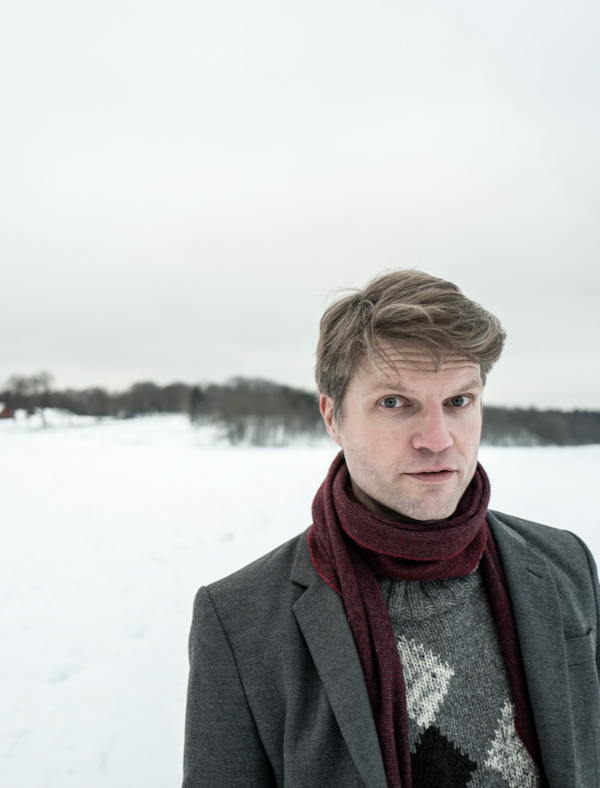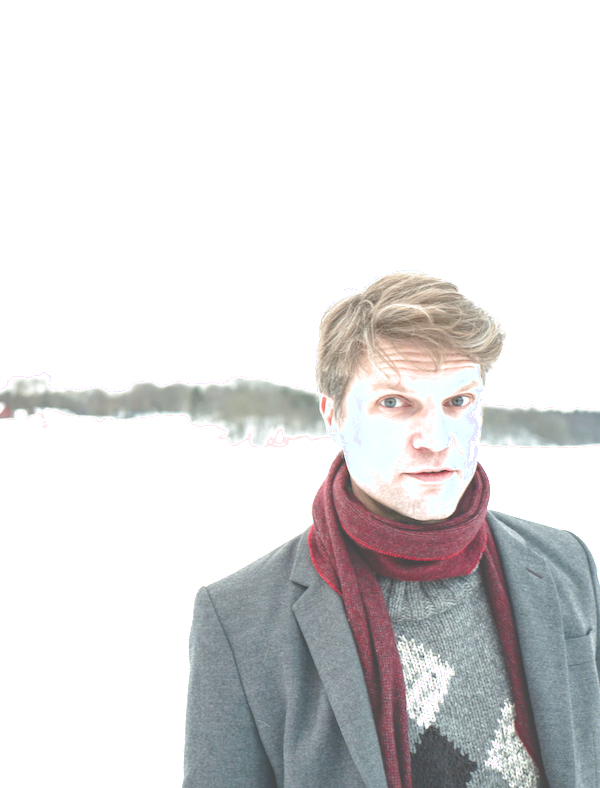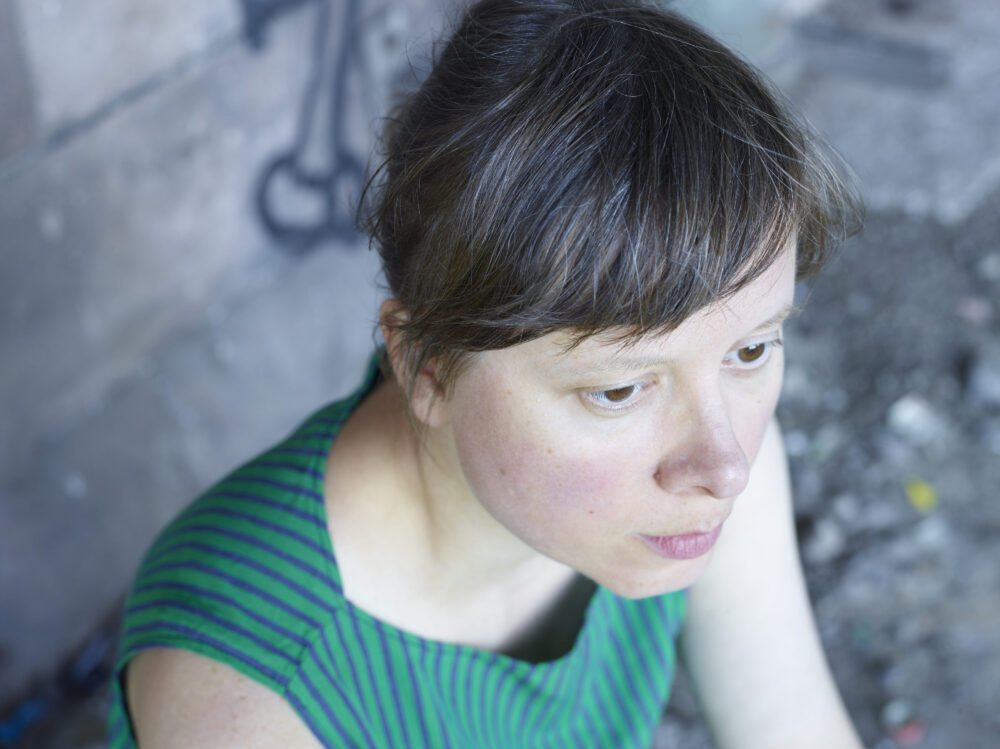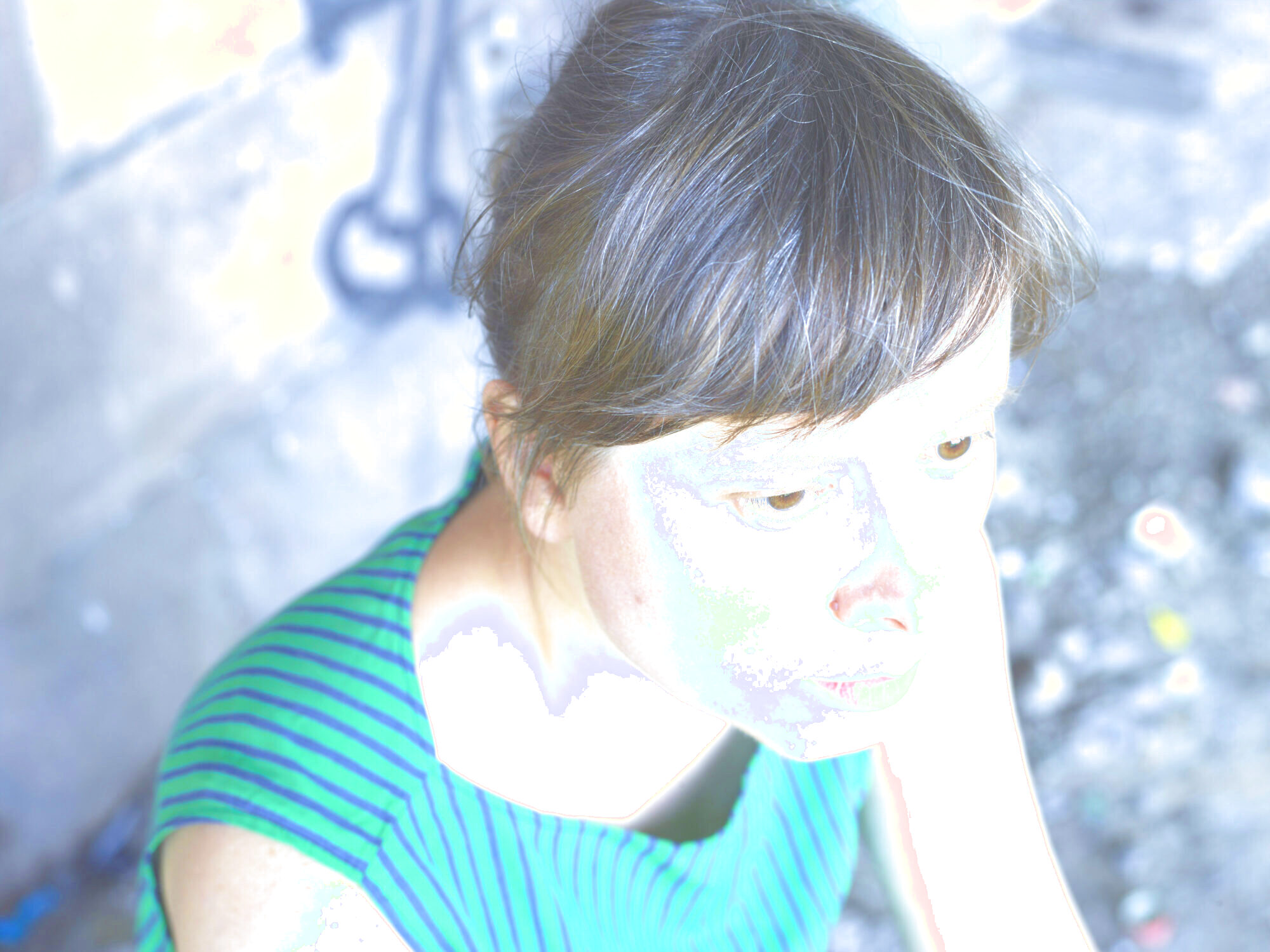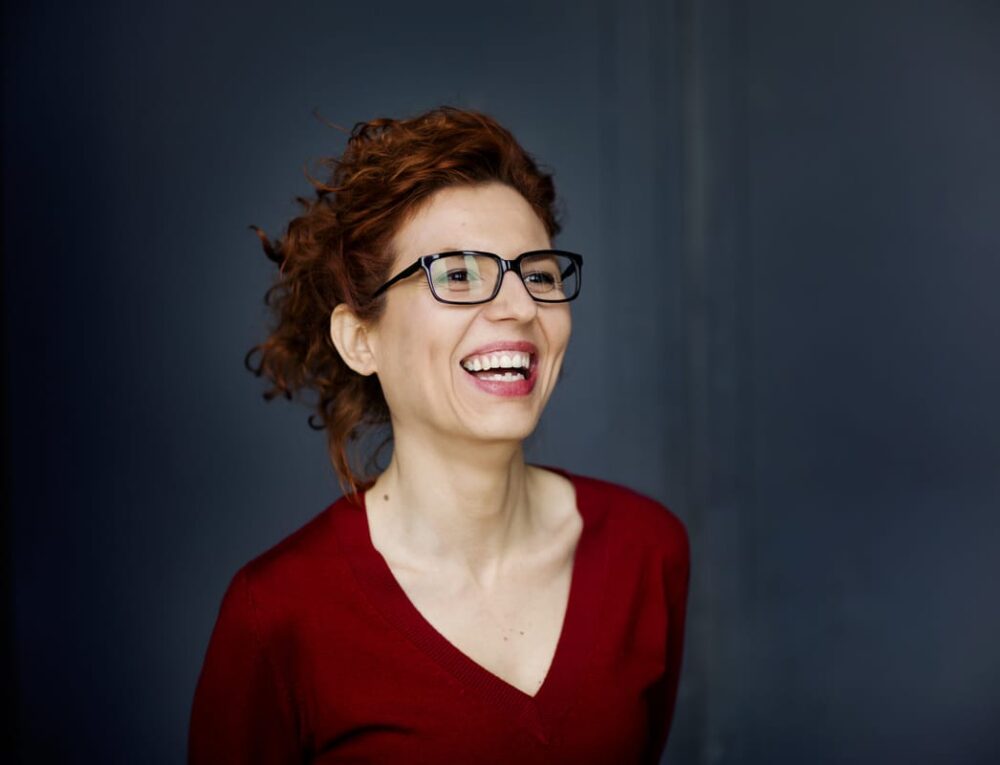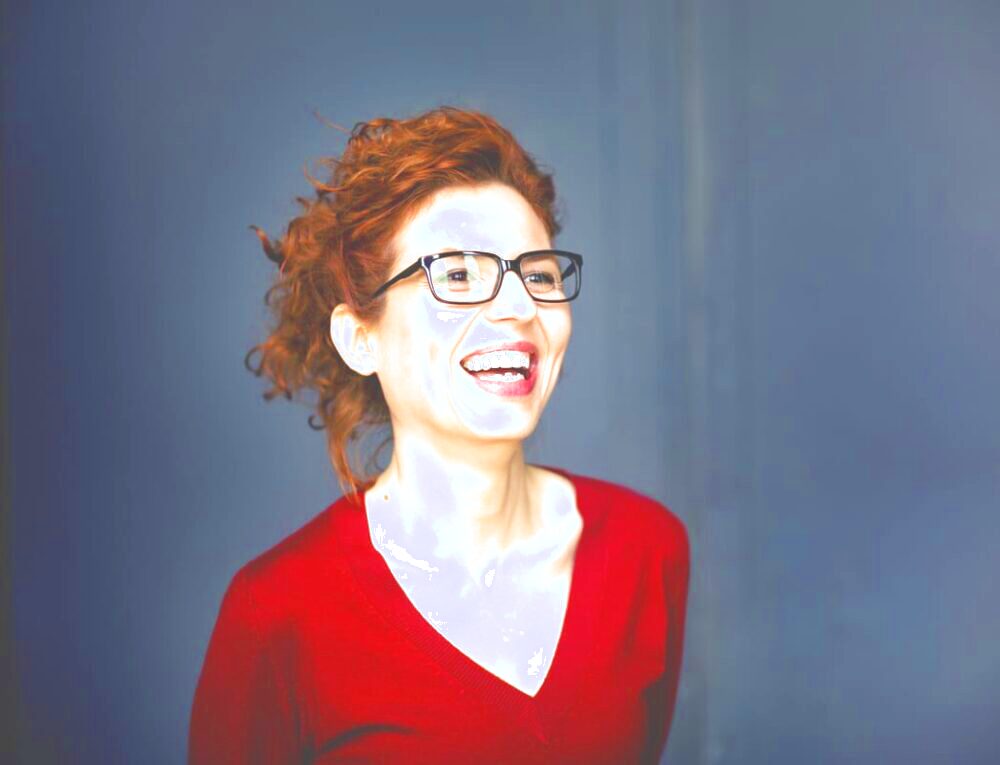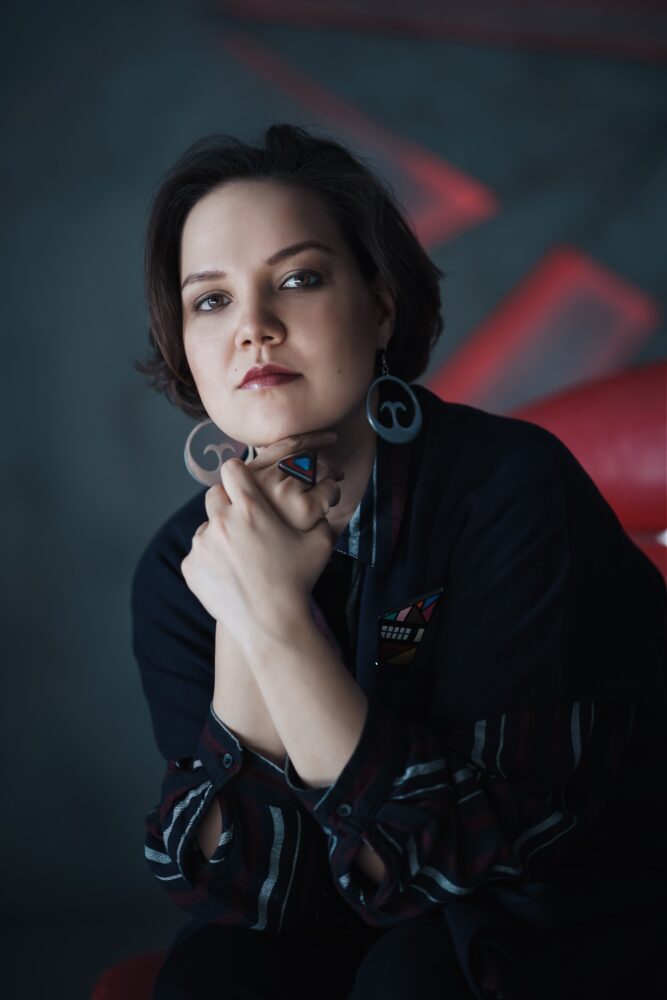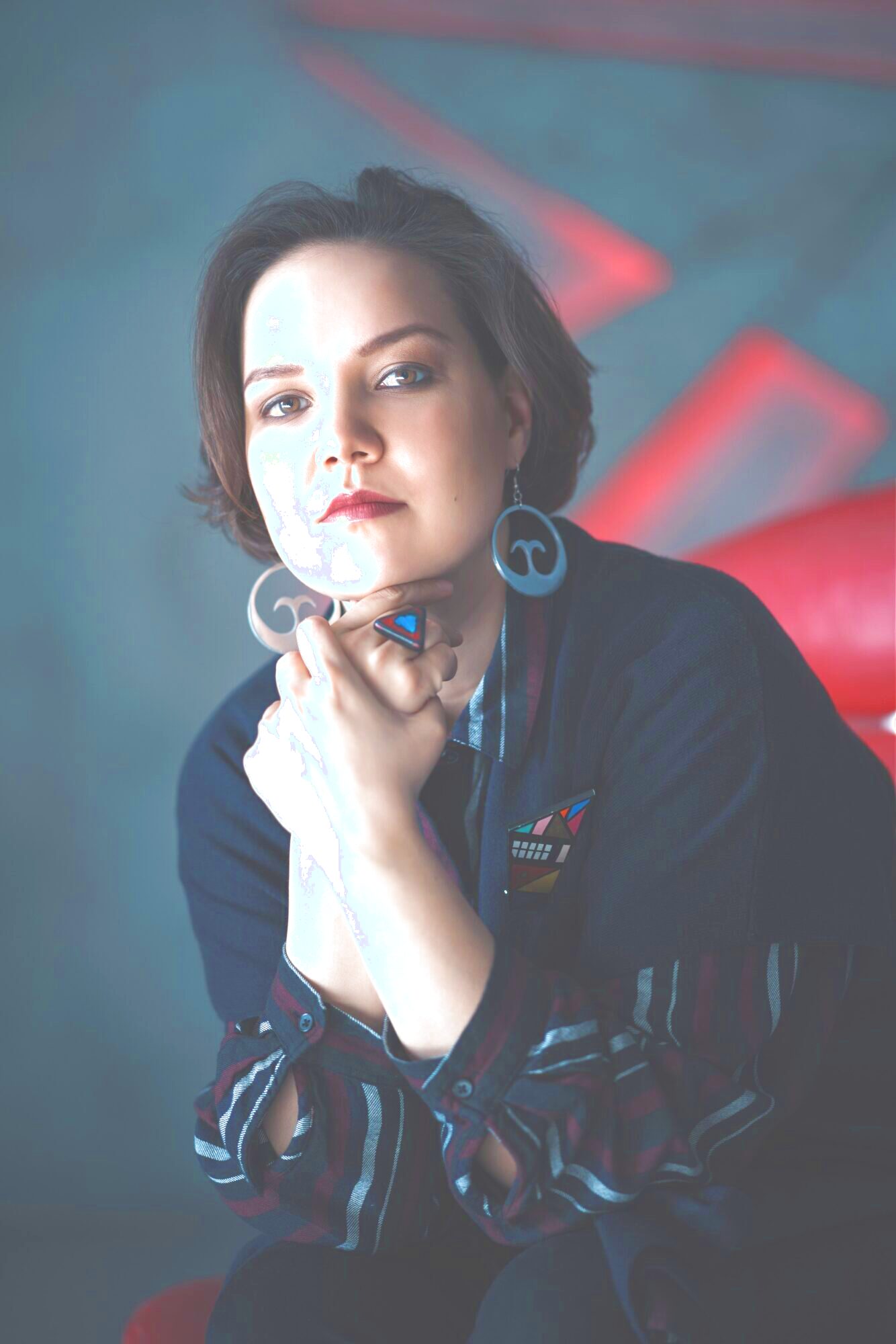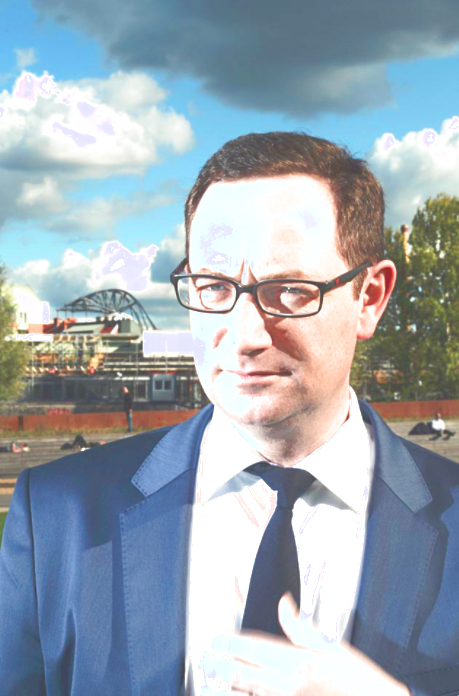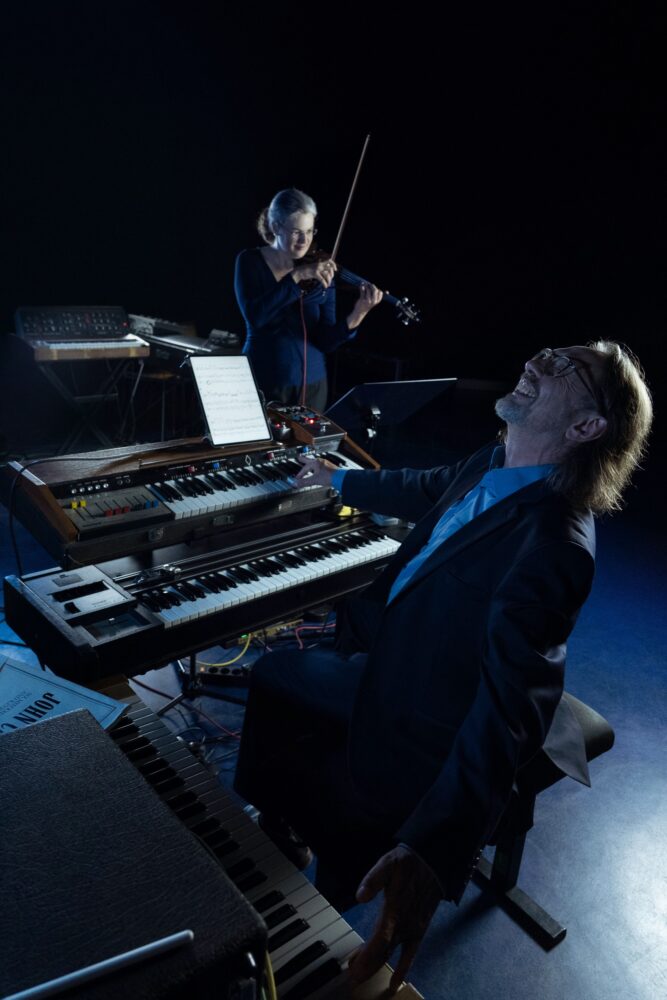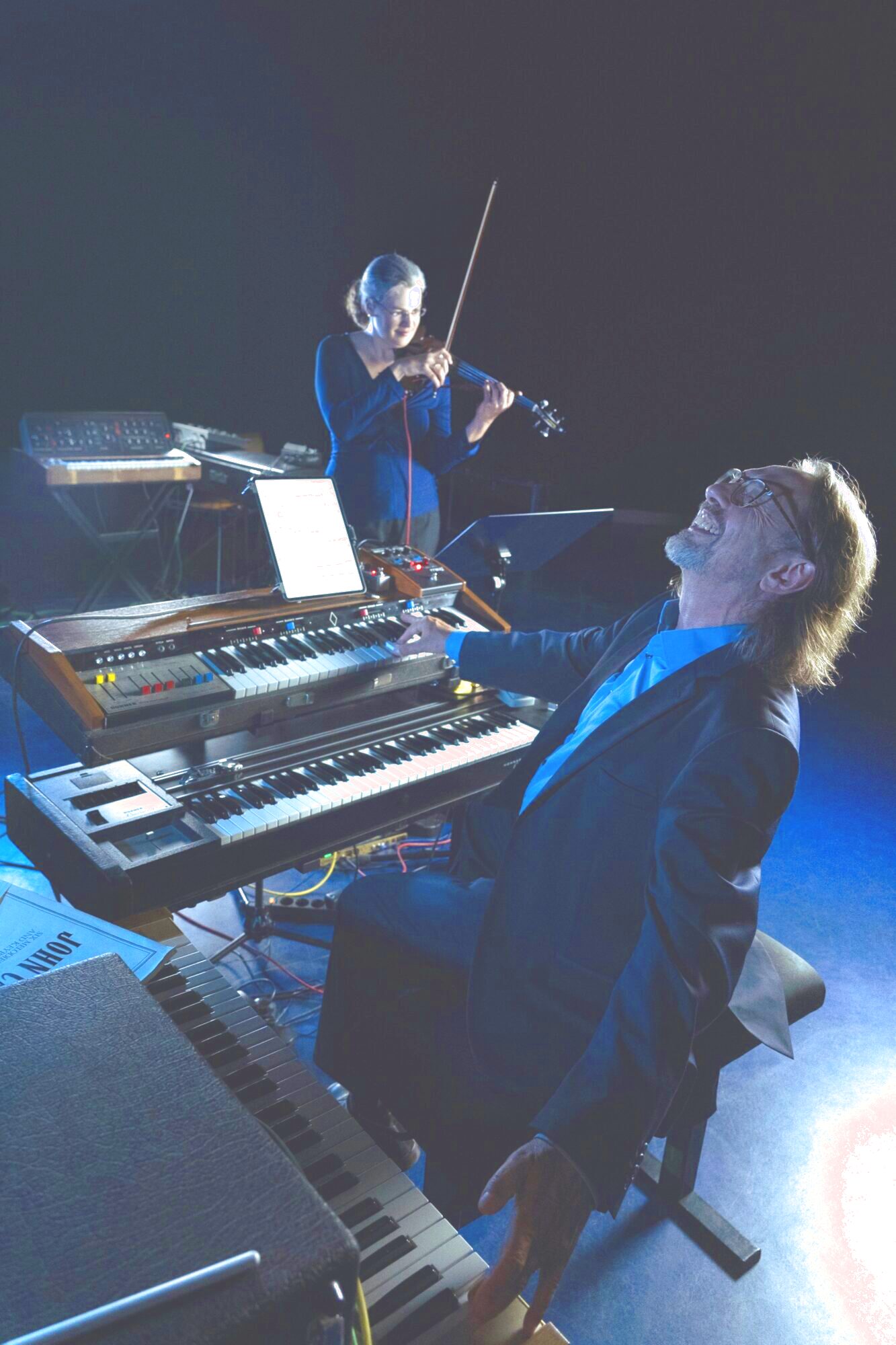Eivind Buene: Mixed Metaphors
When Hannah and Uli asked me to write a piece for violin and Minimoog, my first reaction was yes, of course I’ll write for you. My next thought was wait, it’s impossible to reconcile these two old wooden boxes, one with fingerboard and strings attached, the other one filled with vintage circuits and oscillators. How can these two instruments, made for very different musics and with very different sound producing mechanisms, engage in meaningful dialogue?
It wasn’t until the first workshop, when I heard Uli and Hannah play together, that I realized how closely related these instruments are in terms of acoustic qualities. The conceptual distance between the instruments were all but cancelled out in the act of playing them. So there was a possibility to work with this difference in closeness and distance, and make a piece where the instruments strive to close the gap between them. The sensitivity of the musicians, their ability to listen to each other and transfer timbral qualities between them of course play an important role in this game; there were also compositional decisions that would facilitate the exchange between the instruments. I decided to treat the oscillators in the Minimoog and the violin strings in the same manner, a framework that dictated the rules of engagement and the musical ideas in the piece: microtonal fluctuations, glissandi, fixed parallel-movements, imitations of melodic contours etc. The pressure of the bow is also similar to the ‚pressure‘ of the noise generators in the Minimoog, and the filters of the synthesizer relate to the timbral transformations of different bowing actions on the violin. The music always gravitates towards these points of contact.
Into this mix I added fragments of modality, to work with another set of differences: Between the microtonal continuum and fixed diatonic intervals. However, this distance is always measured by the interplay between the two instruments. When I started writing this piece, I thought of the oscillator as a metaphor for the violin string. But I see that it might as well be the other way around. And at this point, when the piece is finished, I realize an opposite approach could also have been true: The instruments could have strived to maximize their individuality, to enhance the distance between them. But this music is about bringing together, not tearing apart.
Eivind Buene
